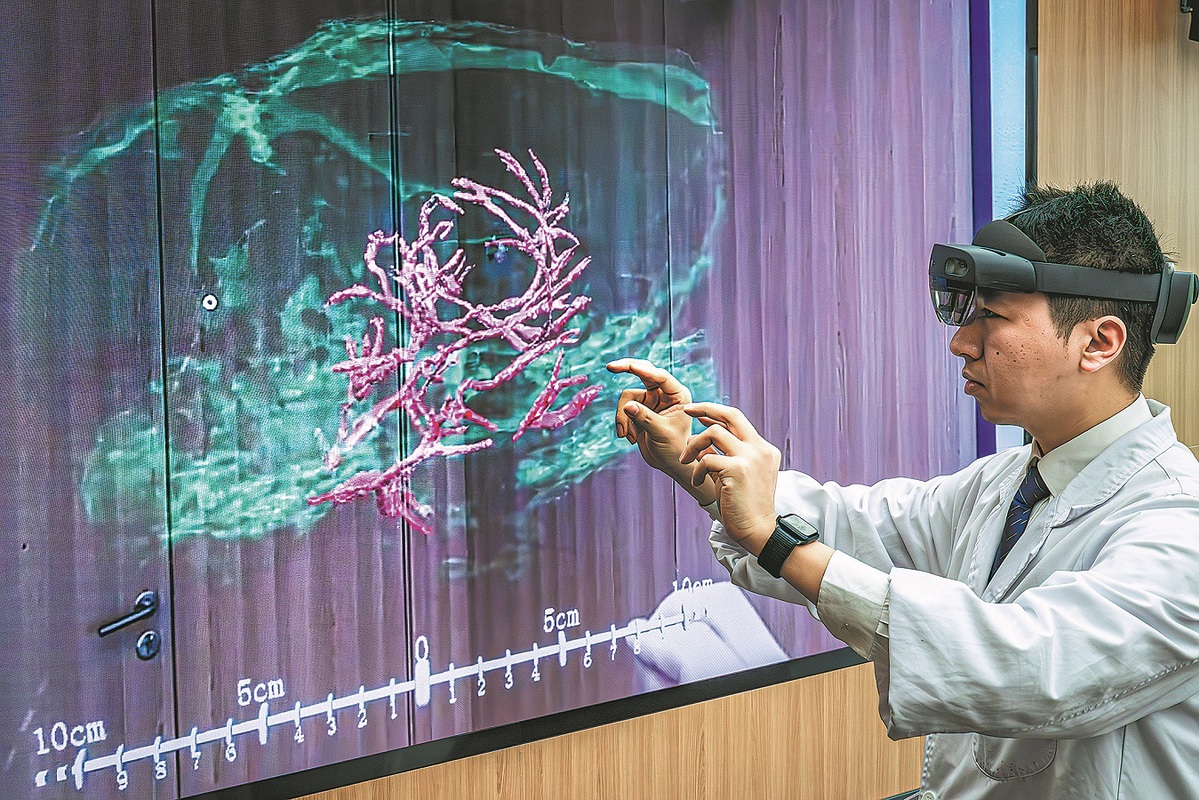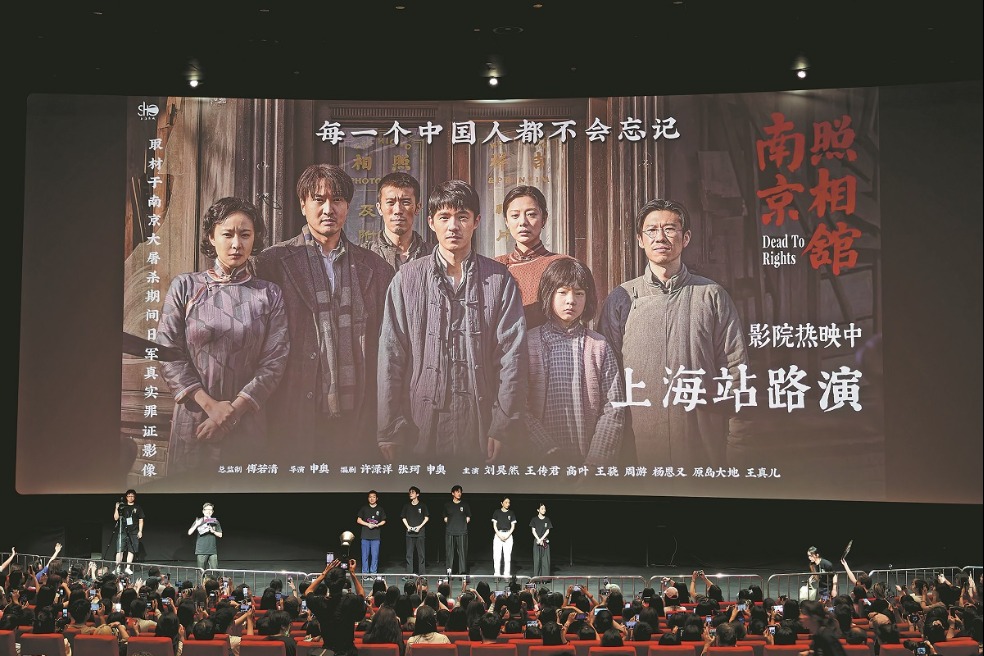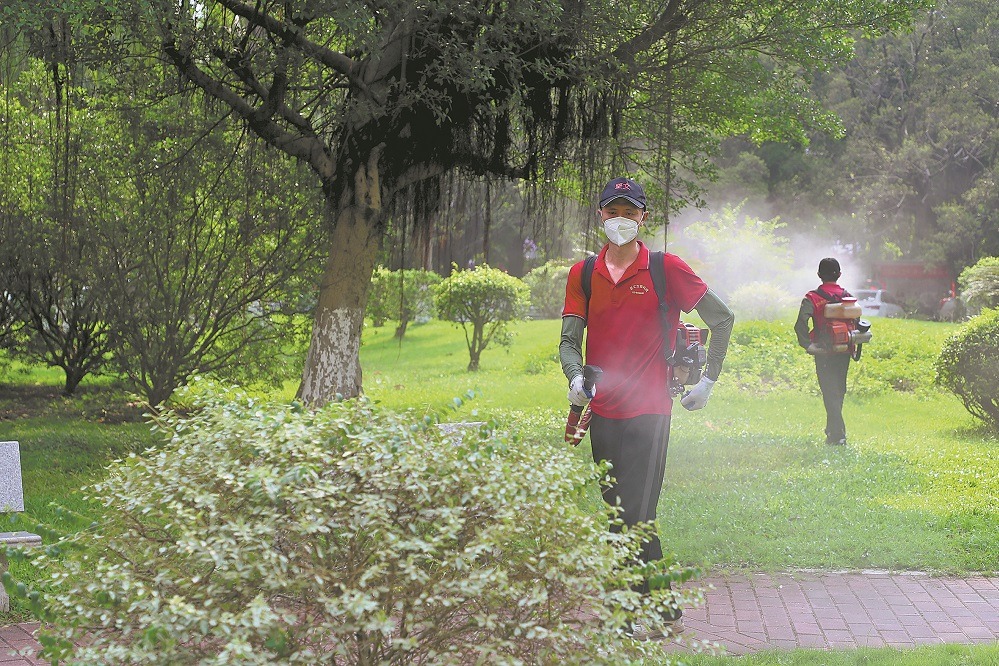China moves ahead with research into brain-computer interfaces


China has achieved a series of milestones in the field of brain-computer interface technology this year, notably in the clinical translation of invasive techniques, bringing new hope to patients with neurological disorders.
These developments signify that China is among the forerunners of this cutting-edge field, scientists said.
BCI technology is considered a revolutionary approach to addressing neurological function deficits. It works by decoding electrical signals in the brain and simulating the transmission of instructions, bypassing or bridging damaged neural pathways, according to the Institute of Automation at the Chinese Academy of Sciences.
"This technology is expected to be widely applied to severe motor or communication dysfunctions caused by conditions like ALS, paraplegia and spinal cord injuries, helping patients regain some level of daily functionality," said Cao Shenghao, a doctoral student at the institute.
For patients who have undergone amputations but still retain normal brain function, BCIs can transmit brain-generated motion commands to external devices such as computer cursors or robotic arms.
For those with spinal cord injuries, the technology aims to establish "information bridges" above and below the nerve breakpoints to restore command transmission.
Last month, a research team from Nankai University in Tianjin led the world's first interventional BCI trial to assist with the restoration of motor function in patients' affected limbs. It enabled a patient who had been paralyzed on the left side for six months due to a stroke to regain the capabilities of movement and take medication after the procedure.
Significant breakthroughs have also been made in interventions for speech disabilities. A project led by the Beijing Institute for Brain Research achieved the first clinical application of a wireless implanted Chinese language BCI system in the country.
In the trial, a patient who lost the ability to speak because of ALS was able to successfully express complete sentences like "I want a drink of water" and "I want to take a walk with my family" by having their brain signals decoded into language intentions.
Last month, the Center for Excellence in Brain Science and Intelligence Technology at the CAS announced that a man who lost all four limbs due to a high-voltage electricity accident had demonstrated proficiency in controlling chess pieces and racing games with his thoughts alone, just 2 to 3 weeks after a BCI device was implanted in March.
His operational speed was close to that of normal people using a computer touch pad. This achievement made China only the second country in the world to successfully enter the clinical trial phase with invasive BCIs.
BCI technology pathways are diverse, comprising invasive, semi-invasive and noninvasive types. "Among them, invasive BCIs, which involve implanting electrodes directly into the cerebral cortex, can capture higher resolution and more stable neural signals," Cao said.
- China moves ahead with research into brain-computer interfaces
- Missing boy found dead after extensive search
- Retailers tout robots at innovative tech festival
- Anhui officials punished over river pollution in demonstration zone
- Tourist destinations in GBA unite to entice visitors
- Guangxi mango products a big hit overseas




































